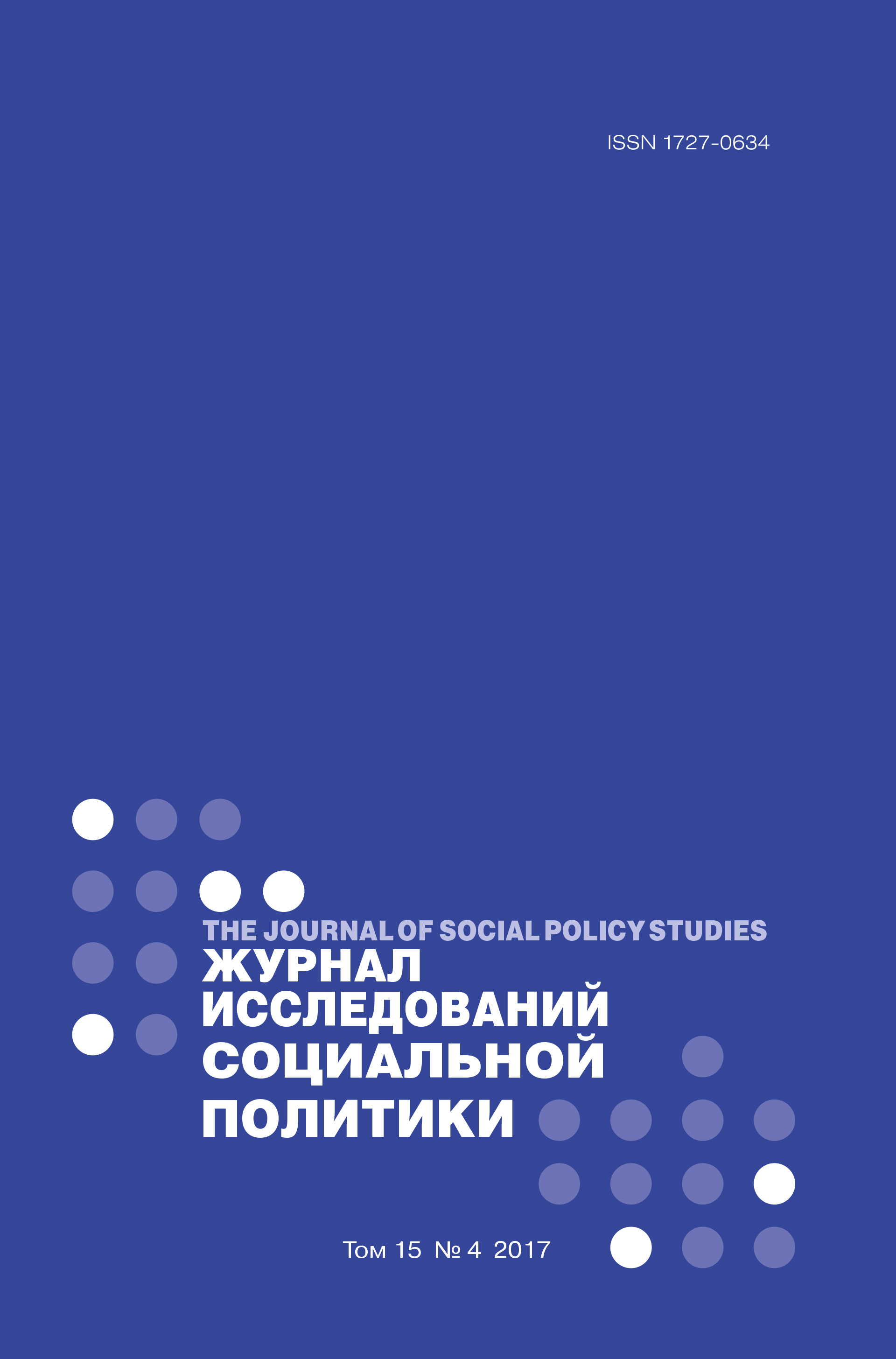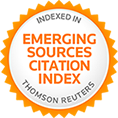Национальный индекс качества жизни (благополучия) как инструмент мониторинга эффективности социально-экономической политики в России
Аннотация
Ольга Анатольевна Кислицына – д.э.н., зав. сектором проблем измерения качества жизни, Институт экономики РАН, Москва, Россия. Электронная почта: olga.kislitsyna@gmail.com
DOI: 10.17323/727-0634-2017-15-4-547-558
В статье представлена оценка динамики качества жизни россиян за период с 2000 по 2014 гг. Методология основана на построении методом процентных отношений композитного индекса – интегрального показателя, агрегирующего десять основных аспектов качества жизни (здоровье и здравоохранение, образование и обучение, доходы, жилье, работа, безопасность, семья, культура и отдых, управление, состояние окружающей среды), измеряемых посредством 82 индикаторов, выделенных на основе литературных обобщений. В качестве информационной базы использованы не только объективные статистические данные Росстата, «Трансформационного Mониторинга в целях более эффективного обеспечения социальной справедливости» (TransMonEE), Европейской базы данных «Здоровье для всех» (HFA-DB), но и субъективные: данные специальных обследований (Российский мониторинг экономики и здоровья ВШЭ (РМЭЗ), опросы Левада-Центра. Установлено, что в целом качество жизни в России с 2000 г. увеличилось на 26.2 %. Выявлены аспекты и индикаторы, повлиявшие на этот процесс, и, напротив, снижающие качество жизни. Из десяти аспектов, формирующих благополучие, улучшение произошло по восьми. Основной вклад в процесс улучшения качества жизни внесли такие аспекты как семья (+70.9 %), доходы (+60.6 %), безопасность (+55.4 %). Хуже всего обстоят дела в сфере окружающей среды (–19.5 %). Из 82 индикаторов, составляющих аспекты качества жизни, улучшился 51, а 31, соответственно, ухудшился. Больше всего негативных изменений произошло в следующих сферах: состояние окружающей среды (5 из 7 индикаторов ухудшились), образование и обучение (8 из 12), культура и отдых (3 из 6), работа (4 из 10). Полученные результаты могут быть использованы для мониторинга эффективности социально-экономической политики в России и выработки мер, направленных на повышение качества жизни россиян.















